“Always we begin again.”—St. Benedict. For Leeana Tankersley, these words became a call, a balm—a lifeline. When she found herself stuck in a cycle of hurt, regret, and restless, Leeana reached for these words to receive rest and learn to begin again. To begin again is a holy call to all of us—to lay our trying and striving at the altar-table in order to receive trust, surrender, and a fresh start every moment of every day. It’s an absolute joy to welcome Leeana to the farm’s front porch today…
guest post by Leeana Tankersley
I am longing for ordinary, perhaps even experiencing a call to the ordinary.
We have lived in extraordinary for so long—twins, moves overseas, a baby born in the Middle East, moves back to the States, deployments.
I have always been drawn to big and dramatic and loud and exciting. And I have never been more ready for ordinary.
In the Christian liturgical calendar, there are two periods called “Ordinary Time”—a span leading up to Lent and then another span, which I am in as I write, that stretches from Easter to Advent. This second stretch is called “Trinitytide.”
Ordinary Time calls us back to our simple practices, our roots, all our tending that tethers us to the present.Ordinary Time is where we begin again.
Not New Year’s Resolutions or Lenten Commitments or Advent Waiting.
Not the big stuff. Just the ordinary.
Feeding the cat. Washing my face. Opening the mail. Reading a poem. Sending a card. Making the meal. Witnessing and being witnessed. Holding. Nourishing and nurturing.
I love the idea of the everyday-extraordinary happening in the Ordinary, the periodic elements of this dying-living we are all doing.
Taking our meds. Confessing to friends. Breathing. Beginning again. Opening our hands and letting the wilderness— the unknown—be the wild place where new life begins.
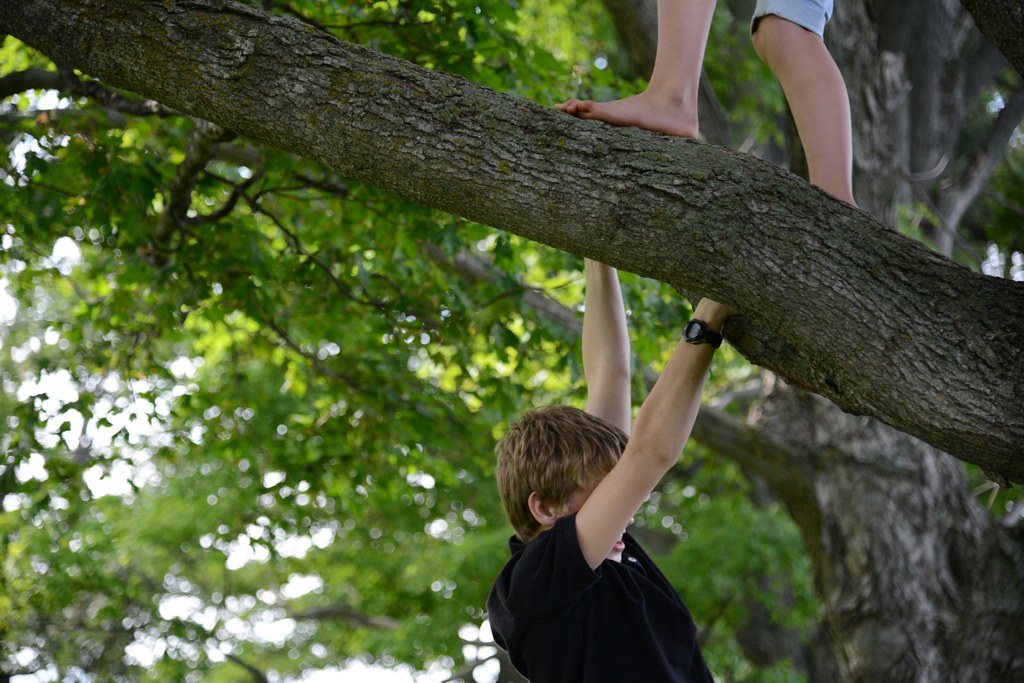
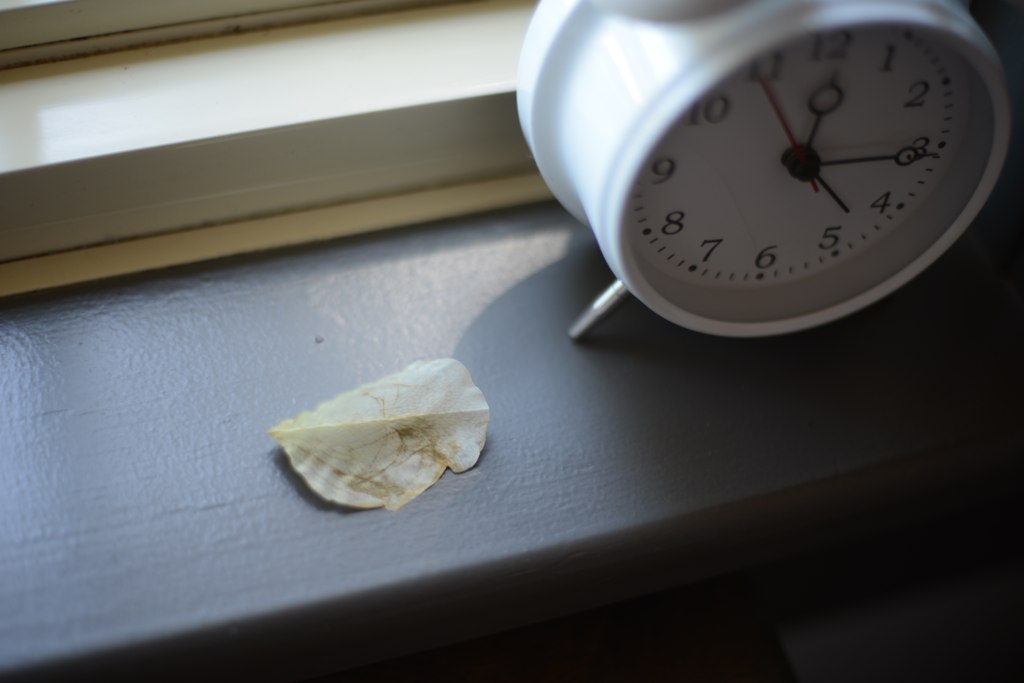



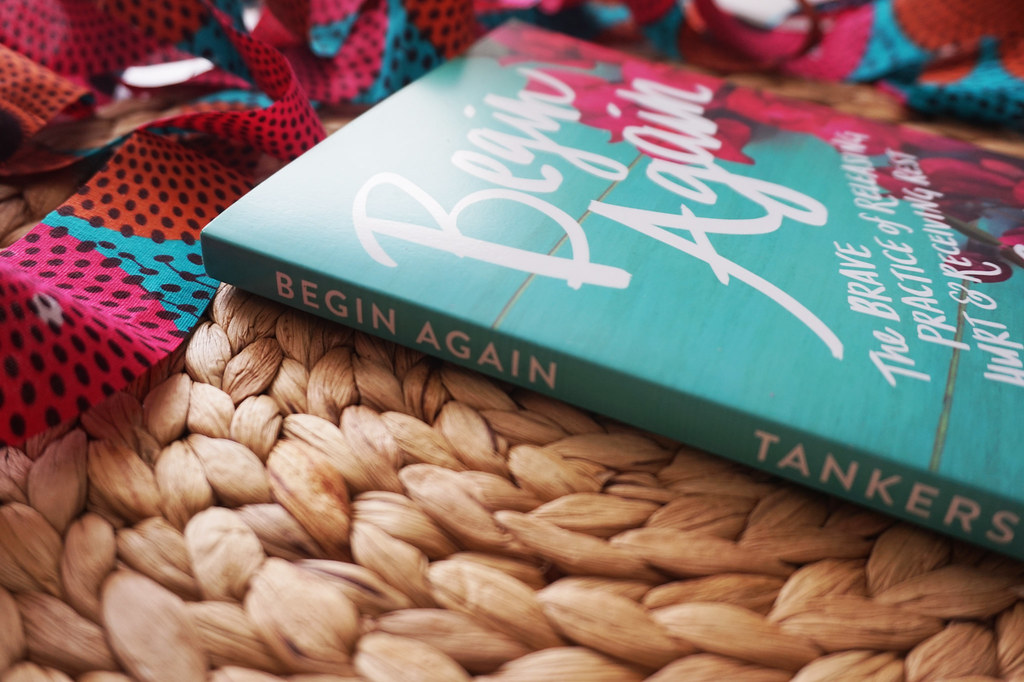

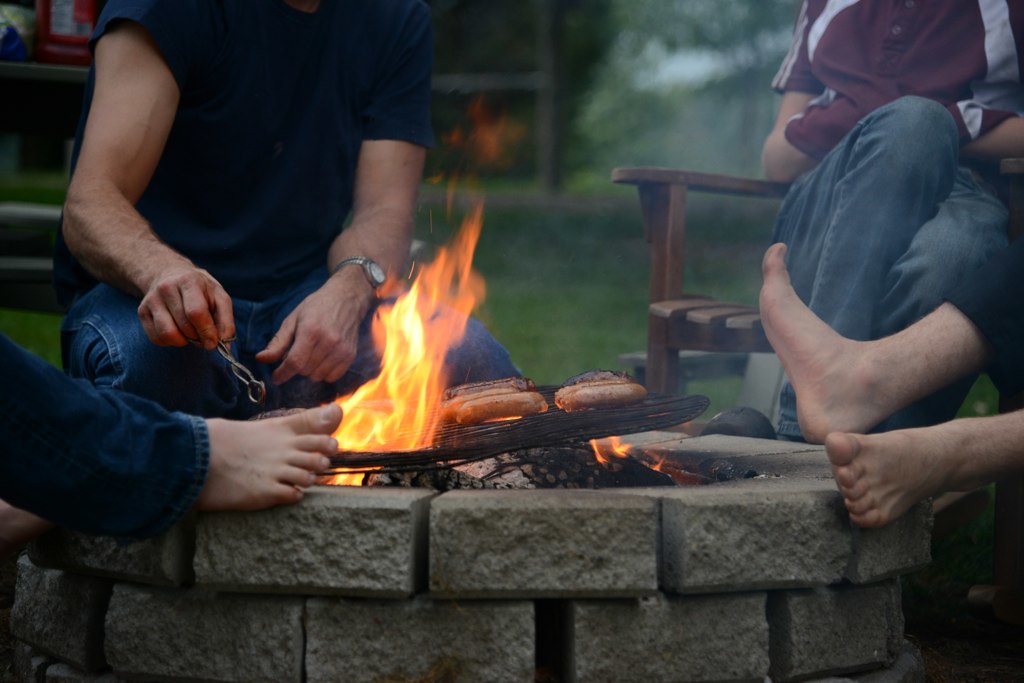
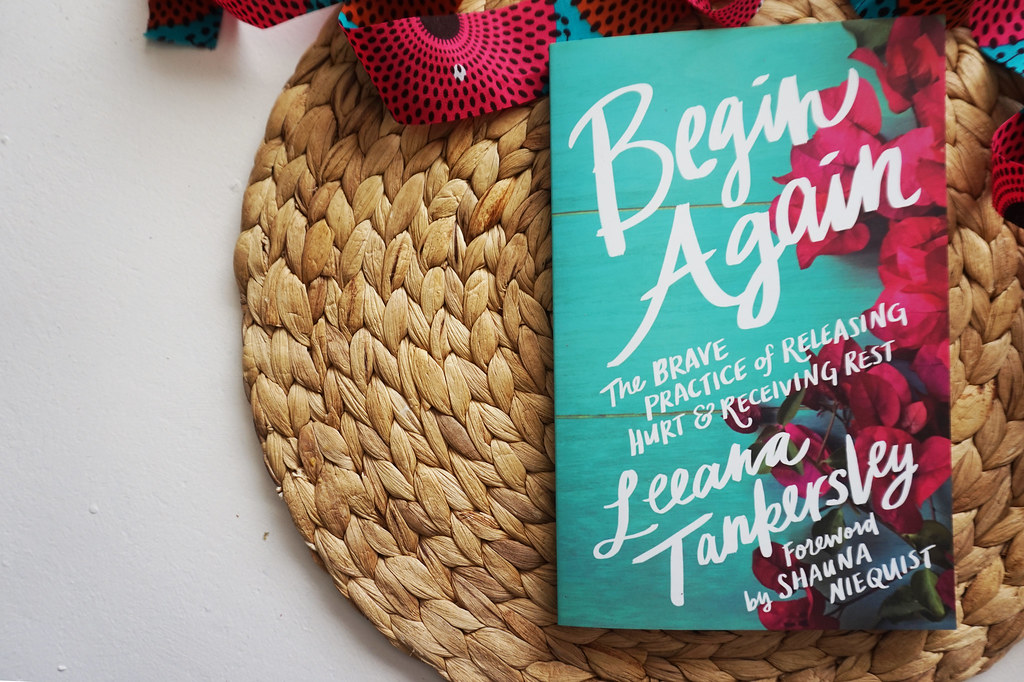

This morning, I am back at my kitchen table, in the dark, hot coffee in hand. The heater is cutting through the morning chill.
I am reminded, as I type, sip, type, sip, of an idea my friend gave me: that any flat surface can be an altar.
She told me that wiping down a countertop or clearing the edge of a bathtub or tidying a desk . . . all of this creates a bit of space that becomes an altar if we will see it that way.
A place to commemorate and receive. A place to say thank you and to be loved. A place to surrender.
My prayer at the altar-table is this: God, give me only what I need for today.
I never want this part of my day to end, since starting to practice it. I go to bed looking forward to the heat and the coffee and the darkness. I have worshiped sleep in the past. Wanting rest more than I have wanted anything.
Now, rest is coming. And I am so very held and met in these dark minutes, maybe an hour. I want to harness it, stave off the light, but it comes. The sky begins to change. A child has forgotten to latch the chicken run tightly and the chickens begin moving in my peripheral vision. Important business, those chickens seem to always have, with the ground.
I’m never not surrounded by a stack of books, voices who meet me in this dark pocket. I see how I must get in bed earlier. I must turn the TV off the night before. I must take better care of myself if I am to get up and listen each and every morning.
The decisions to honor this time begin far before 5 a.m., and something about that feels right.
Feels congruent. Sacrificial and rewarding, like all worthy things in life. Now on to the altar of the countertop—lunch packing, breakfast making, dish clearing.
Every step an arrival, as the poet Denise Levertov wrote. An arrival into the present, which is always waiting for me to join it.
When I was minutes out of graduate school and brand-newly twenty-four years old, I drove from West Virginia where I had been in school, down to Virginia to pick up my little brother from college, home to San Diego, and then I slept for an entire day.
When I woke up, I found a book my mom left on my nightstand. A gift. Twilight Comes Twice. It’s a children’s book about dawn and dusk, a simple reminder that the sun goes down and the sun comes up. Every day. And twice, in between, we get the gift of these golden hours, these pockets of waking up and winding down.
No matter how beautiful and epic and glorious life is right now, the sun goes down.
And no matter how ugly and rejecting and hurtful life is right now, the sun comes up.
Something about this kind of saved me then and saves me now.
I was young and starting over geographically and professionally and relationally.
But more than that, the very rhythm of creation was reminding me that it wasn’t all up to me. Something was going on that was beyond me, behind me, below me, beside me.
And I just needed to join it, fall into it, beginning again and again and again.
I could join or I could resist.
But either way, the sun would set and the sun would rise—with or without me.
I could try to outrun the sun with my superhuman striving.
I could try to hide in the dark with my subhuman shame.
But the invitation, then and now, was to join the rhythm of creation, which is to be what we were simply and profoundly created to be . . . human.
Human. In all its extraordinary everyday ordinary.
If I am failing, stuck, and paralyzed, I always have the opportunity to begin again.
And if I am winning, elated, and propelled, I still must begin again.
None of us is too far gone, in the same way that none of us has arrived.This is reorienting to the core.
Could you and I join the rhythm of twice-a-day twilight that reminds us there are gifts in both the light and dark—illumination and stillness? If you’re in the dark, you can begin again.
And if you’re in the broad side of the light, you will still need to begin again. This is how we practice being human.
Twilight comes twice.
Yesterday afternoon, as dusk arrived, we were all in the pool, kids climbing on Steve’s back and jumping off the diving board in tandem, which I’m absolutely sure is illegal. The kids were screaming their heads off and the water sloshed up and over the sides of the pool from the aftershocks of their dual entries.
The setting sun made the pool water glitter like our own personal ocean. And it’s hard to imagine a sweeter moment.
But the sun goes down and we come inside and we rest.
And this morning I was up early, and the golden light was back again, the mountains out beyond the kitchen sink window backlit in blush.
And I was reminded anew . . .
Whether we are in crisis or chaos or calm, hope or disappointment, burial or resurrection, ordinary or extraordinary, we can—
because of the inexhaustible grace of God — begin again.
Leeana Tankersley is the author of Begin Again, Brazen, and Breathing Room. Her writing has been featured in The Huffington Post, cnn.com, and incourage.com. Leeana is a regular contributor to MOPS International, both as a writer and speaker.
Leeana’s new book, Begin Again: The Brave Practice of Releasing Hurt and Receiving Rest, is the courageous call to open the window, even an inch, to let the breeze of grace come in. To open our hands when all we want to do is clench our fists.
[ Our humble thanks to Baker for their partnership in today’s devotion ]







